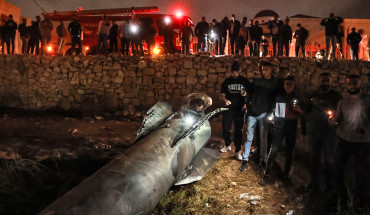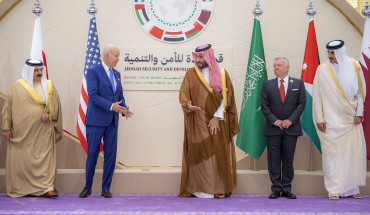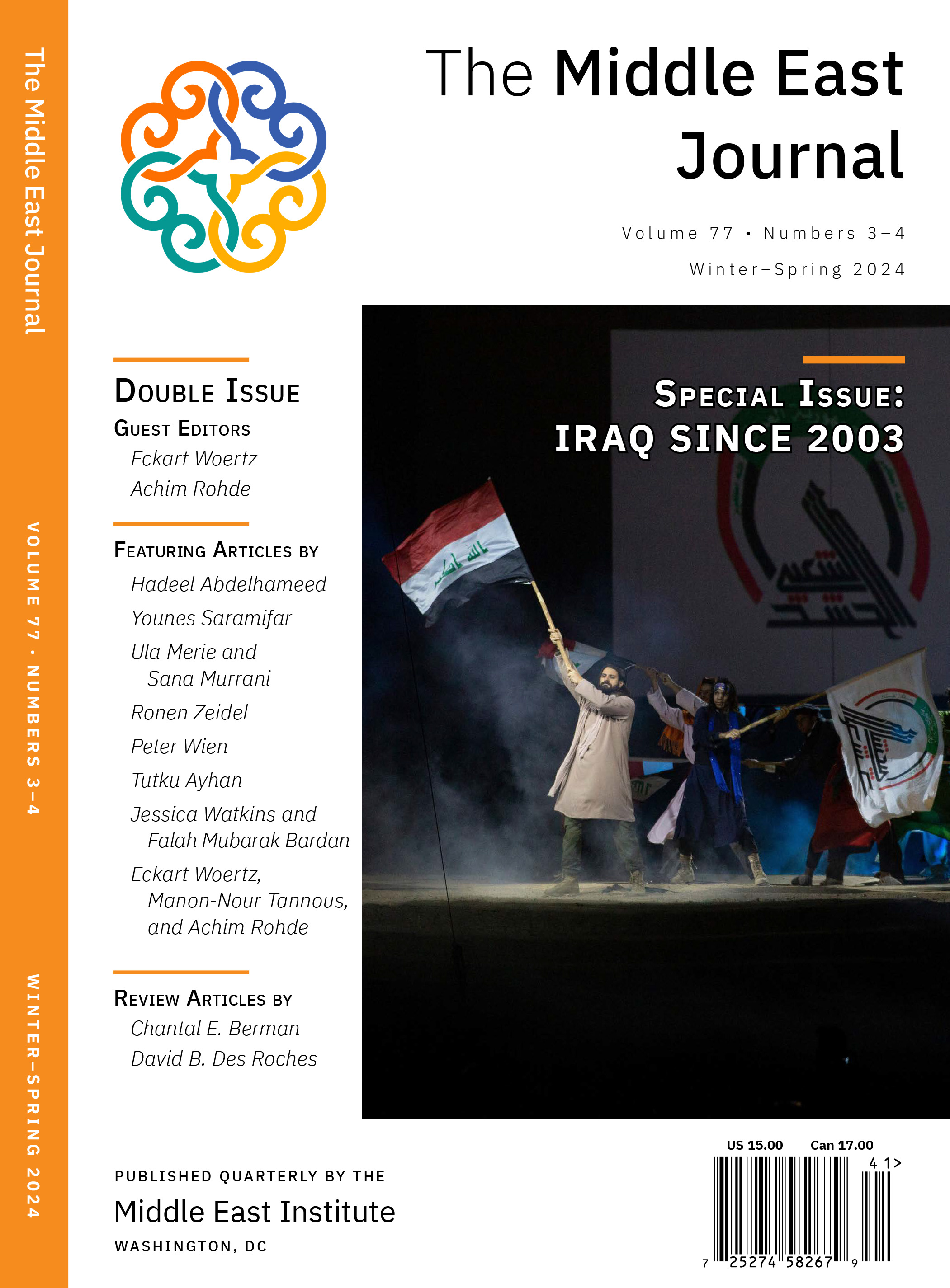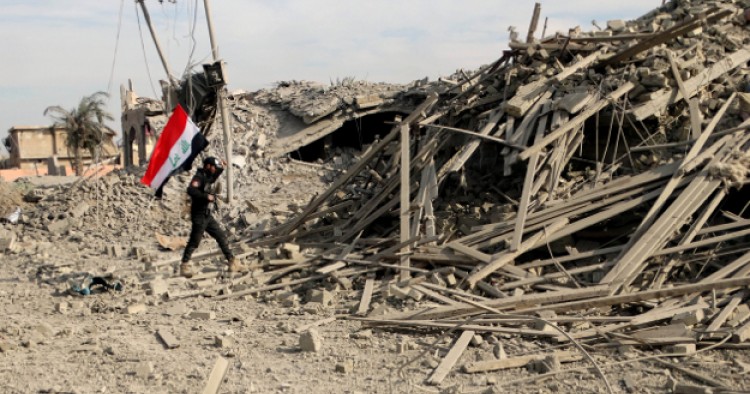Recent additions to America’s fighting contingent in Iraq and Syria show U.S. determination to beat ISIS militarily. President Barack Obama announced Monday that 250 more U.S. special forces will enter Syria to help anti-ISIS fighters, and Defense Secretary Ashton B. Carter said last week that Apache helicopters and more special operations forces will be sent to Iraq.
While effort is being poured into the military component to fight ISIS, including the training of local allies in both Iraq and Syria, what we haven’t heard is who will govern and administrate Raqqa and Deir Ezzor, the two main Syrian cities under ISIS rule, or Mosul in Iraq. Mosul, Iraq’s second largest city with a complex ethnic makeup, made governance a constant problem for the Americans during the Iraq war. The various local armed groups—Iraqi Shiite, Kurdish and Sunni militias—and the communities from which they spring resist rule by others. This is especially true in the wake of the many war crimes committed. Is there a plan for governance of these liberated spaces or will we again watch the Islamic State return, perhaps in a different, gentler and more clever version as al-Qaeda’s affiliate in Syria did?
Credible governance in areas freed from the Islamic State will have to demonstrate it can aptly tackle the challenges of the ‘day-after’: restoring electricity and water, reopening hospitals and schools, rebuilding , and, hugely important, promoting local employment. These require material resources as well as skilled administrators and technicians who can work together, and under the constant threat of an ISIS insurgency that will continue to target them.
Building efficient local governance that can hold captured ISIS territories is not as simple as handing the baton to Sunni Arabs. Fragmentation plagues the Sunni Arab communities across the Levant, including Iraq. Anand Gopal noted in The Atlantic that the Sunni Arabs the U.S. surge empowered to fight al-Qaeda in Iraq—ISIS’ predecessor—in 2007-09 had themselves caused resentment that led cities like Hit and Mosul to rise up and welcome the Islamic State in 2014. The success of ISIS overrunning western Iraq in 2014 stemmed in part from American decisions to choose local actors and not promote accountability and leader-selection mechanisms in Iraq in 2008-2011. Tough sectarian policies against Sunni Arabs from Prime Minister Nouri al-Maliki, whom Vice President Joseph R. Biden and his advisors had decided to support for another term after the contentious 2009 Iraqi elections, aggravated the governance challenge in western Iraq. The lesson from Iraq has to be that we shouldn’t choose leaders, but back commonly agreed processes whereby local citizens select their leaders.
The American assumption seems to be that the Iraqi government will largely take care of the governance challenge in the areas in the country liberated by ISIS. The signs don’t look promising given the recent altercations between Iraqi parliamentarians from different communities. A fully functional government, much less national reconciliation, seems far away while water bottles and fists continue to be thrown across the parliament floor. It will only get worse as grandstanding Iraqi politicians confront budget cuts and potential I.M.F.-imposed austerity measures to restore economic viability in an era of low oil prices. How Baghdad will pay for local governance and rebuilding is an open question. Even in Tikrit, which the U.S. administration touts as a success, the thoughtful Iraqi parliament speaker Salim al-Jabouri warned that problems are building up in the absence of accountability and local empowerment.
President Barack Obama on his recent trip asked G.C.C. “free riders” to help Iraq financially. The Saudi king presumably was too polite to remind Obama that the ISIS mess resulted in part from Obama’s team ignoring Saudi warnings about Maliki and his policies in 2009-2010. It would be another American mistake to expect the Saudis and other Gulf states to proffer lots of money quickly for western Iraq, especially given their own financial difficulties.
The Saudis also understand that the U.S. administration has no serious plan to address the root cause of the other half of the Islamic State problem in Syria. The U.S. administration keeps hoping Russia will somehow deliver big concessions from its nettlesome client Assad to reach a political deal. In the absence of an integrated, coherent strategy, the Saudis and other Gulf states will not plunge in with grand new initiatives.
Foreigners, whether from Jordan, the Gulf states or the West, will struggle to build top-down efficient administrations in areas liberated from the Islamic State. Only the local inhabitants can do that in a bottom-up process where leaders are selected from their communities. The United States needs to push for Syrian and Iraqi processes to decide who will govern these areas in a sustainable manner over the medium term. We need to understand who on our team has the lead in getting assistance to those local governments—the Pentagon or the State Department—and whether our side has ready resources to help inhabitants quickly restore credible local security and governance. Our failure to meet the ‘day-after’ challenges in Iraq in 2003 and in Libya in 2011 should ensure these questions get asked now. The media isn’t asking the questions, but I hope the president is.
The Middle East Institute (MEI) is an independent, non-partisan, non-for-profit, educational organization. It does not engage in advocacy and its scholars’ opinions are their own. MEI welcomes financial donations, but retains sole editorial control over its work and its publications reflect only the authors’ views. For a listing of MEI donors, please click here.












